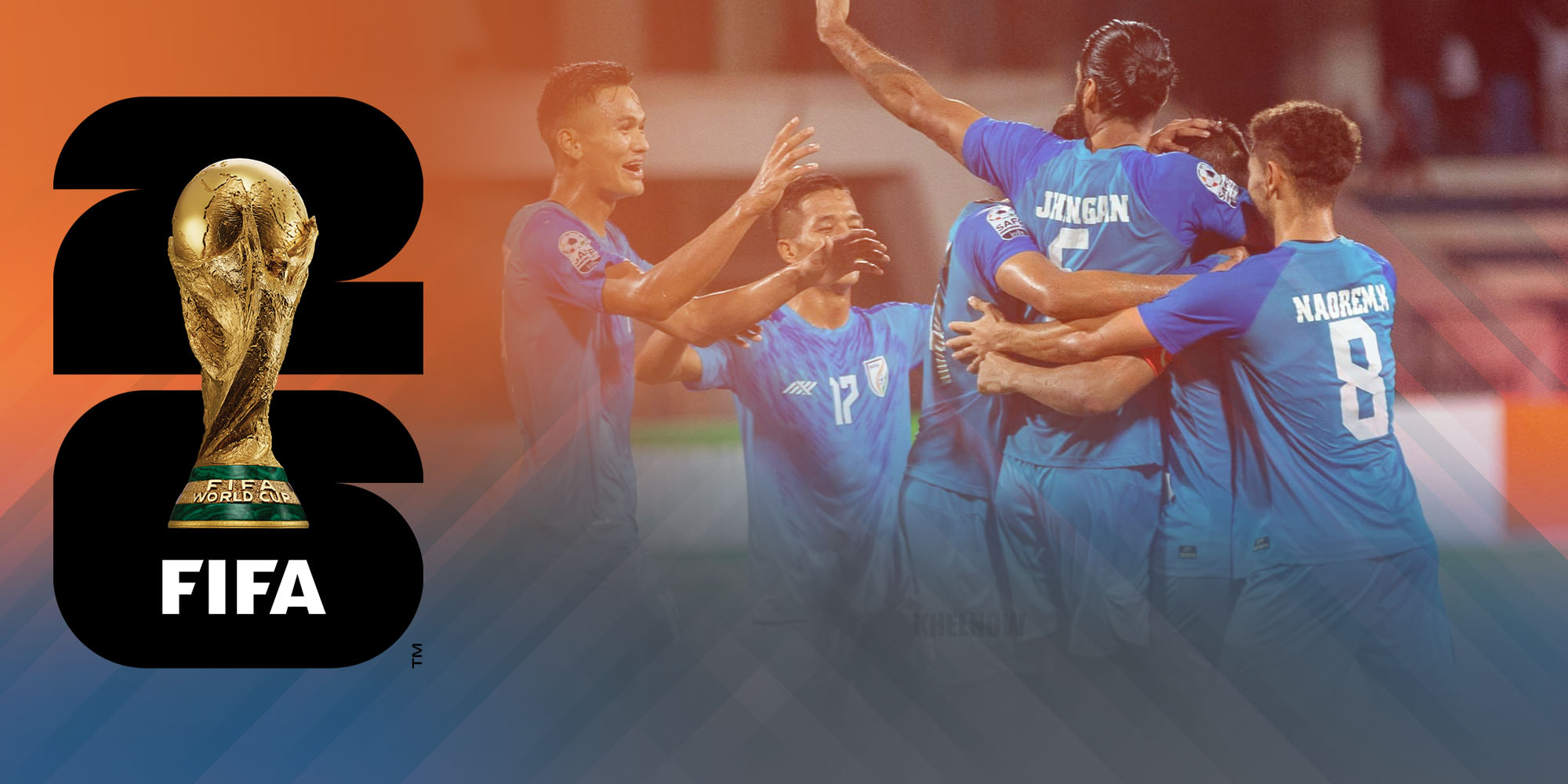As the dust settles on another captivating international football window, the landscape for the upcoming 2026 World Cup is beginning to take shape with unexpected twists and emphatic statements. Far from being mere calendar fillers, these matches have served as critical proving grounds for tactical innovations, a stage for emerging heroes, and a stark reminder of the immense pressure national team coaches face. From a much-needed tactical masterstroke in the US to historic goal-fests in Europe, the narrative of the beautiful game continues to unfold with compelling drama.
USMNT`s Calculated Risk: Pochettino`s 3-4-3 Pays Dividends
The pressure on USMNT head coach Mauricio Pochettino was palpable. After a recent defeat to South Korea, the atmosphere around the American squad was, shall we say, less than celebratory. Enter Japan, even a “weakened” iteration, and the expectation in Columbus, Ohio, was clear: a win was non-negotiable. What followed was a vital 2-0 victory, courtesy of goals from Alex Zendejas and Folarin Balogun, a result that, as one observer aptly put it, lifted “a huge weight” off the program.
Pochettino`s significant gamble – a shift to a 3-4-3 formation – proved to be the catalyst. This wasn`t merely a roll of the dice; it was a strategic reimagining of the team`s dynamics. The system, often lauded for its attacking potential, allowed players like Max Arfsten and Alex Freeman to flourish as wing-back alternates, injecting dynamism and width. Crucially, established figures such as Christian Pulisic and Tyler Adams, partnered with a dependable Cristian Roldan in midfield, seemed to find their rhythm, looking “closer to their best.” It was a rare moment where a coach`s vision appeared to perfectly align with his squad`s capabilities, transforming a disjointed unit into one demonstrating a newfound sense of cohesion.
While acknowledging that Japan`s A-team was deployed elsewhere, this win marks a significant psychological boost. It`s the USMNT`s first victory against a FIFA top-20 ranked team since the 2022 World Cup. And for Folarin Balogun, his first national team goal since mid-2024 offers a glimmer of hope in the ongoing quest for a consistent No. 9. The road ahead, with formidable tests against Ecuador – a team known for conceding a paltry five goals in 18 World Cup qualifying games – and Australia, promises to be far more rigorous, truly defining where this evolving USMNT stands on the global stage.
Europe`s Powerhouses Flex Their Muscles: Haaland`s Epic and England`s Efficiency
Across the Atlantic, the UEFA World Cup qualifiers delivered their own brand of drama, with certain nations making unequivocal statements about their aspirations for 2026. For Norway, the World Cup has been an elusive dream since 1998, a historical drought that the current generation, spearheaded by talismanic striker Erling Haaland, is desperate to end. After Italy`s chaotic 5-4 win kept their Group I hopes alive, Norway responded with an emphatic, almost unbelievable, 11-1 thrashing of Macedonia. Haaland himself accounted for five of those goals, while substitute Thelo Aasgaard chipped in with four, matching the biggest ever winning margin in UEFA World Cup qualifiers.
This wasn`t just a win; it was a colossal statement, pushing Norway six points clear of Italy (albeit with a game in hand) and, more importantly, establishing a formidable goal difference lead of 16. With Haaland now boasting nine goals in qualifiers – three ahead of his nearest rival – his individual brilliance is undeniably propelling his nation towards what would be a richly deserved appearance on the world`s biggest stage. A World Cup without a player of Haaland`s caliber would, frankly, feel incomplete, a sentiment widely shared among football enthusiasts.
Meanwhile, England, under the stewardship of Thomas Tuchel, continued their quietly dominant march. A 5-0 victory over Serbia, following a series of effective but somewhat understated performances, hinted at a team now operating with a distinct Tuchel-ian efficiency. Three goals from set pieces, expertly delivered by Declan Rice, underscored a tactical weapon honed to perfection. Open play was equally impressive, epitomized by Morgan Rogers` assist for Noni Madueke`s goal – a testament to fluid team movement. And, as one might expect from a Tuchel side, the defense was a fortress, conceding just one shot on target and a mere 0.83 expected goals (xG) across five qualifiers, even against lesser opposition like Andorra. These are numbers that, frankly, flirt with the absurd, showcasing a team that is not just winning, but winning with an almost clinical inevitability.
The Unforgiving Nature of International Football
While France and Portugal secured important, if tighter, victories, the harsh realities of international football were laid bare for others. Spare a thought for the Republic of Ireland, who suffered what many are calling one of the most ignominious defeats in their history: a 2-1 loss to Armenia in Yerevan. In a sport where narratives can shift in a heartbeat, their World Cup hopes, seemingly bright just days prior, now hang by the thinnest of threads.
The recent international break underscores that every match, whether a friendly or a qualifier, carries weight. It`s a stage where tactical blueprints are tested, where individual brilliance can elevate an entire nation, and where the fine line between triumph and despair is perpetually redrawn. As teams continue their journey towards the 2026 World Cup, these early markers provide invaluable insights into who is building momentum and who will need to recalibrate their ambitions in the unforgiving arena of global football.

